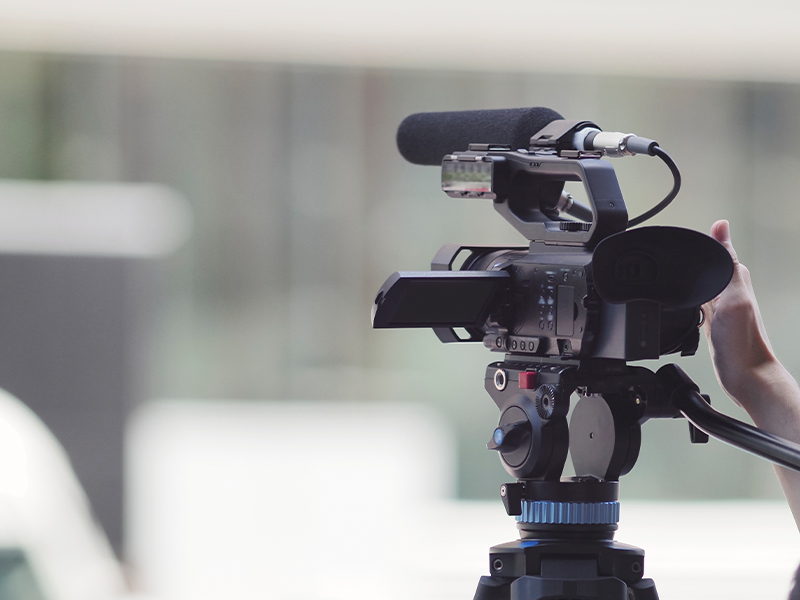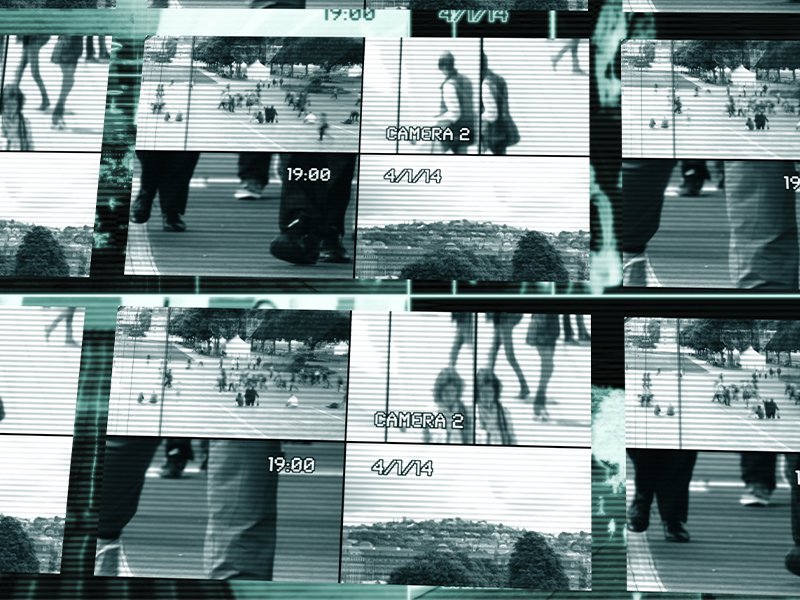Legal professionals are increasingly turning to video to enhance their communication strategies. Videos offer a compelling and versatile tool for educating potential clients, presenting complex legal concepts, and ultimately, persuading audiences. However, not all legal videos are created equal. Understanding the distinct strengths and applications of different video types is crucial for maximizing their effectiveness.
This article delves into the diverse landscape of legal videos, exploring some of the most common formats:
- Client Testimonials: Testimonials serve as powerful social proof, leveraging the credibility of satisfied clients. By featuring real people sharing their positive experiences, these videos build trust and rapport with potential clients facing similar legal challenges.
- Day in the Life: Stepping into the shoes of a victim through a day-in-the-life video can evoke empathy and understanding. This format can be particularly impactful in personal injury cases, showcasing the tangible impact of an accident or negligence on an individual’s daily life.
- Expert Interviews: Featuring qualified experts allows viewers to gain valuable insights from authoritative figures. Whether it’s a medical professional explaining the extent of injuries or an economic expert detailing financial losses, these interviews add a layer of credibility and strengthen the legal argument.
- Depositions: This allows the jury to witness key excerpts from testimonies, providing a glimpse into the strength of the legal case.
- Site Inspections: Site inspections come alive through video, enabling viewers to virtually experience the scene of an accident or the subject of a property dispute. This visual evidence offers a more impactful and comprehensive representation than static photographs.
Strategic Implementation: Matching Video Types with Objectives
The effectiveness of a legal video hinges on aligning the chosen format with the intended outcome. Here’s a breakdown of how each format can be strategically implemented:
- Client testimonials: Build trust and brand reputation.
- Day-in-the-life: Evoke empathy and highlight damages.
- Expert interviews: Establish the legal case’s foundation and add credibility.
- Depositions: Showcase the strength of witness testimony.
- Site inspections: Provide a comprehensive and compelling visual representation of evidence.
Beyond the Format: Production Considerations
While the type of video is crucial, high-quality production values are equally important. Professional videography, clear audio, and engaging editing all contribute to a polished and persuasive final product. Additionally, legal videos should adhere to ethical guidelines and maintain client confidentiality when necessary.
In conclusion, legal videos offer a powerful tool for communication and persuasion in the courtroom and beyond. By understanding the nuances of different formats and aligning them with specific objectives, legal professionals can leverage the power of video to enhance their communication strategies and achieve optimal results.





